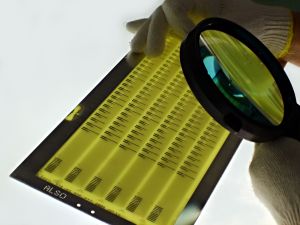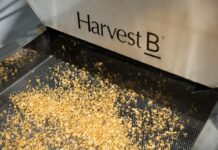David Wilson, General Manager of Research, Development and Venture Capital, AusIndustry has issued a public statement elaborating on the Research and Development Tax Incentive.

In his open letter, Mr. Wilson highlights the importance of innovation as a driving force of productivity and economic growth, labeling it a byproduct of research and development (R&D), which are key components for a global market success.
According to him, the R&D Tax Incentive is an easily accessible, broad–based, market driven program designed to provide a targeted tax offset for innovation orientated companies across all industry sectors.
Its main goal is to encourage more companies, small and medium enterprises in particular, to put greater emphasis on their R&D programs.
Mr. Wilson feels that this is particularly important for manufacturing companies, which have to maintain high innovative levels in order to stay competitive on the ever-growing and evolving market.
In the first twelve months after its commencement, R&D Tax Incentive has worked with a large number of companies and early results have shown very positive results with regard to the companies’ compliance with the program’s requirements.
The guide is designed to clarify the eligibility of manufacturing related R&D activities. The goal is achieved through several hypothetical business case studies discussing identification and registration of business R&D activities. These case studies do not encompass every detail there is, but build on foundational guidance that is already available to industry.
Mr. Wilson says AusIndustry will continue to provide guidance on the R&D Incentive with regard to the issues that are relevant to the manufacturing sector. He also called for every entrepreneur that has not yet registered to receive AusIndusty’s R&D Incentive eBulletin to do so as soon as possible.
According to him, the guidance product was devised in collaboration with knowledgeable and experienced businesses, industry bodies and professional advisory firms.
“If your company is incurring expenses to solve problems and generate new knowledge or develop new products or services, you are likely to be undertaking some activities that qualify as R&D under the program and you should look into registering for the R&D Tax Incentive. I encourage you to read and make use of this document.”



















